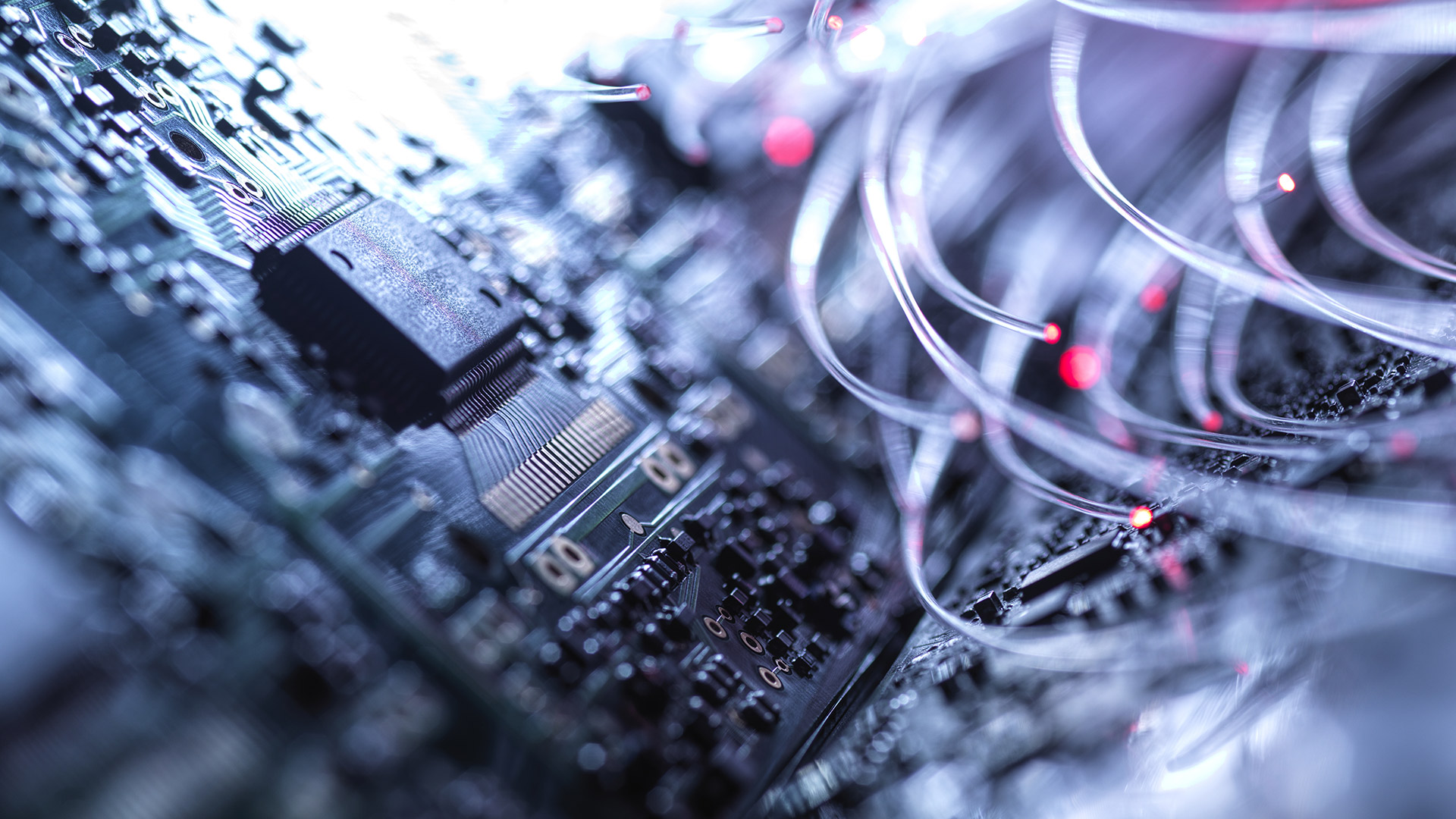In Godo Kaisha IP Bridge 1 v. TCL Commc'n Tech. Holdings Ltd., a jury found that IP Bridge's asserted patent claims were essential to the LTE standard, determined that TCL's accused, LTE-compliant devices infringed the same, and awarded IP Bridge US$950,000 in reasonable royalties for past infringement. 967 F.3d 1380, 1382 (Fed. Cir. 2020). Following the jury trial, both parties sought relief from the court., Among other requests, IP Bridge sought on‑going royalties for future infringement based on TCL's adjudicated devices and several un‑adjudicated, LTE-compliant devices. See Godo Kaisha IP Bridge 1 v. TCL Commc'n Tech. Holdings Ltd., Civ. No. 15-634, 2019 WL 1877189, at *2 (D. Del. Apr. 26, 2019). IP Bridge also argued that the on-going royalties should be enhanced because the relationship between the parties was altered "once validity and infringement have been determined." See id., at *6.
The district court disagreed, finding that "the jury verdict reflects an appropriate determination of the FRAND royalty rate and the Court will not supplant the jury's determination." Id. However, the court did agree that an on-going royalty applied to both adjudicated and un‑adjudicated devices. Id. The court found that "there is no colorable difference between the accused products and [un-accused] products that are able to use and communicate over LTE networks," because the "jury determined that the asserted claims were standard essential patent claims" and "[t]he evidence adduced at trial shows that LTE phones do not operate on the LTE network without infringing the asserted claims." Id. Accordingly, the court awarded on-going royalties at a FRAND royalty rate of $0.04 per patent per infringing product for both the adjudicated products and certain un-adjudicated products. Id.
TCL appealed the court's rulings to the Federal Circuit, which simply "affirm[ed] all of the court's rulings and the verdict predicated thereon." Godo Kaisha, 967 F.3d at 1382. The district court's acceptance of the jury's FRAND determination as final and the Federal Circuit's affirmance of the same emphasizes the role of juries in determining a FRAND royalty, which could even impact non-accused, standard-compliant devices. The Godo Kaisha court's emphasis on a jury's FRAND determinations appears consistent with an earlier Federal Circuit decision that vacated a judicial determination of retroactive and prospective FRAND royalty rates on the basis that the standard essential patent owner had not waived its right to have a release payment for past infringement—a legal relief—tried by a jury. See TCL Commc'n Tech. Holdings Ltd. v. Telefonaktiebolaget LM Ericsson, 943 F.3d 1360, 1375 (Fed. Cir. 2019).




